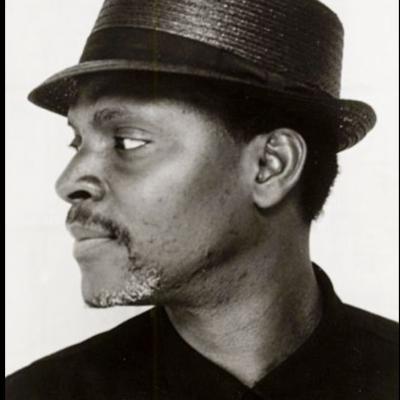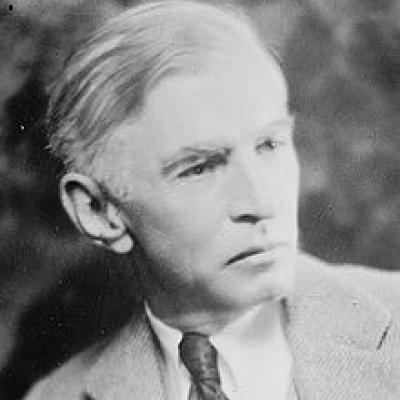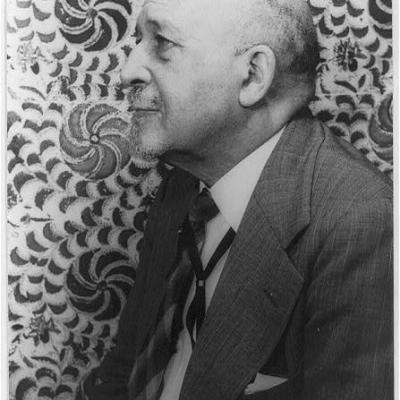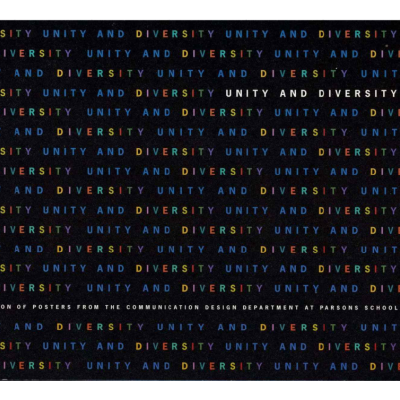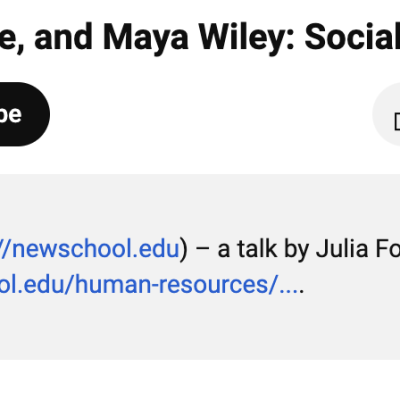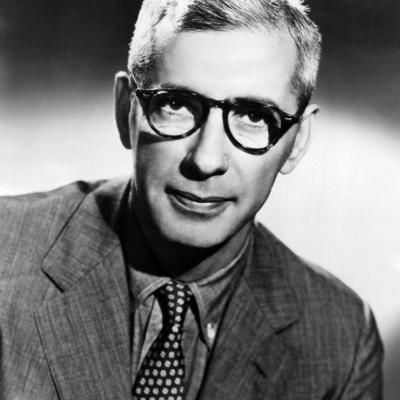Category: Race
Sekou Sundiata
Sekou Sundiata (1948-2007), born Robert Franklin Feaster, was a well known poet and writer. When he developed a love of poetry as a teenager, he changed his name, drawing influence from Sekou Toure, Ghana’s most famous president, and Sundiata from Sundiata Keita, king of Mali-Baraka.
Lyric Citizenship in Post 9/11 Performance: Sekou Sundiata’s the 51st (dream) State
In June 2004 Sekou Sundiata addressed a national gathering in Pittsburgh, “Diversity Revisited/A Conversation on Diversity in the Arts.” Sundiata’s speech, “Thinking Out Loud: Democracy, Imagination, and Peeps of Color,” makes explicit the fact that he shared the meeting’s general imp
Black-Music Concerts in Carnegie Hall, 1912-1915
"New York and the Colored People" was the general topic tor discussion yesterday at the March conference on the evils of pauperism held in the assembly hall of the United Charities Building, 106 East Twenty-second Street.
Music and Children
I have spent about forty years of my life at music, most of that time trying to find out what music can do for children; puzzling through the years; realizing what music has done for me; seeing how many people, equipped technically, having every opportunity, still come very far from r
David Mannes
David Mannes (1866-1959) was an American violinist, educator, and activist. He was born in New York City, and studied the violin with composer and violinist John Thomas Douglass, the son of a freed slave. His musical upbringing led to the establishment of two music schools.
W.E.B. Du Bois
William Edward Burghardt Du Bois (February 23, 1868—August 27, 1963) was an American historian, sociologist, and civil rights activist, widely recognized for his historiography on Reconstruction, writings on black subjectivity, and involvement in the Pan-Africanist movement.
The Legacy of Diversity at The New School
From its opening in 1919, The New School has prided itself on being a progressive institution, focused on creating an innovative space for learning and practice. The founders envisioned a college that allowed students and professors to engage intellectually and freely.
Social Justice at The New School, Then and Now
Social Justice at The New School—a talk by Julia Foulkes, Mark Larrimore, and Maya Wiley at the 4th Annual Staff Development Day. Mark Larrimore and Julia Foulkes’ presentation emerges from their ongoing research into the history of The New School.
Chapter 9 from The Nature of Human Aggression
At least as old as the alleged ʺinstinct of aggression,” according to Robert Ardrey, is the “instinct of territory.” The “instinct of territory”ʺ is defined by Ardrey as “an inherent drive to gain and defend an exclusive territory.” And, according to him, in defense of territory ʺthe
The Universality of Cultural Traits
There remains one question to be discussed; namely, whether some tribes represent a lower cultural stage when looked at from an evolutionary point of view.
Pedagogy for the Oppressed
A careful analysis of the teacher-student relationship at any level, inside or outside the school, reveals its fundamentally narrative character. This relationship involves a narrating Subject (the teacher) and patient, listening objects (the students).
“Race” in the Encyclopaedia of Social Sciences
The term race is often used loosely to indicate groups of men differing in appearance, language or culture. As here understood it applies solely to the biological grouping of human types.
A Portrait of the Hipster
As he was the illegitimate son of the Lost Generation, the hipster was really nowhere. And, just as amputees often seem to localize their strongest sensations in the missing limb, so the hipster longed, from the very beginning, to be somewhere.
Ashley Montagu
Ashley Montagu, in full Montague Francis Ashley Montagu, original name Israel Ehrenberg (born June 28, 1905, London, Eng.—died Nov. 26, 1999, Princeton, N.J.), British American anthropologist noted for his works popularizing anthropology and science.
